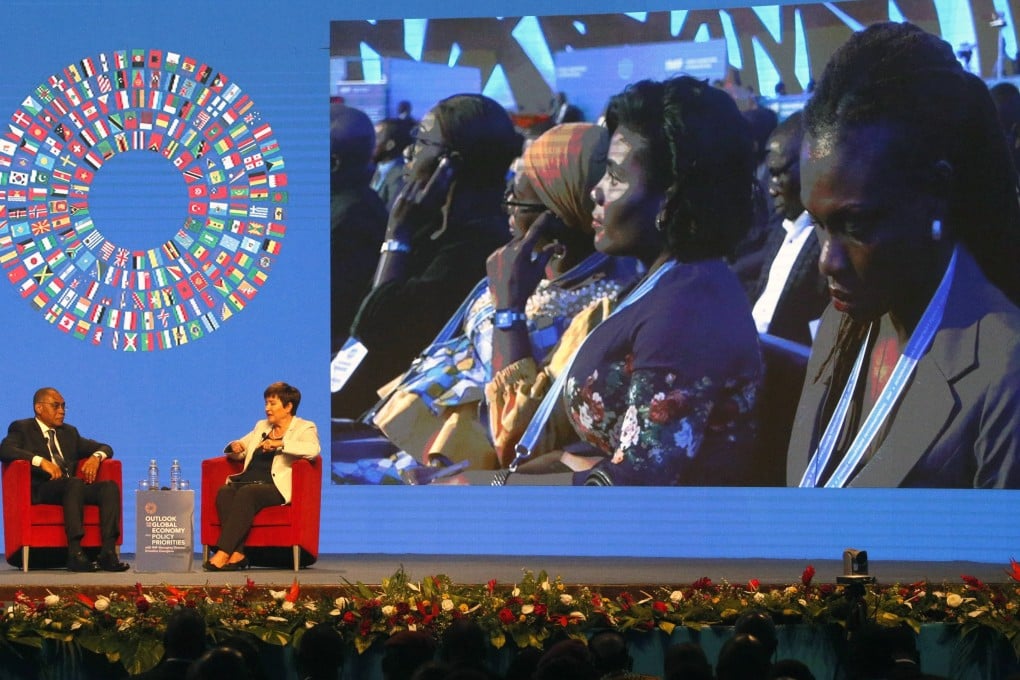Advertisement
Inside Out | Fragmenting global economy a real and present danger
- At a time of increasing and interconnected crises, leading economists are warning that trade fragmentation threatens to further undermine growth prospects
- Sadly, they are whistling in the wind as powerful countries continue to dig deeper protectionist trenches
Reading Time:4 minutes
Why you can trust SCMP
2

If “decoupling” and “de-risking” were the buzzwords of 2022, then a clear contender for 2023 is “fragmentation”.
As Russia’s invasion of Ukraine drags on, the threat of global warming grows, and inflation – driven by key commodities such as oil, gas and food – continues to erode economic recovery from the Covid-19 pandemic, so the angst among leading economic institutions over a damaging fragmentation of the global economy rises by the month.
International Monetary Fund managing director Kristalina Georgieva, setting the scene for the IMF/World Bank meetings to be held this week in Marrakech, Morocco, has warned that many countries are today “increasingly marching to their own tune” and that “economic fragmentation threatens to further undermine growth prospects”.
Advertisement
In August, IMF economists estimated that rising trade restrictions could reduce global economic output by 7 per cent, or about US$7.4 trillion in today’s dollars. “A fragmented global economy is likely to be a poorer one,” they said. After successive shocks during the past three years that have already cost the global economy about US$3.6 trillion, the IMF’s message is clear: we cannot afford deeper divergence, and we must return urgently to multilateral cooperation.
Last week, the World Trade Organization (WTO) joined the fray. In the words of its director general, Ngozi Okonjo-Iweala: “Global economic fragmentation would only make challenges worse … The global economy, and in particular poor countries, will struggle to recover without a stable, open, predictable, rules-based and fair multilateral trading system.”

Given that the October update of its Global Trade Outlook reported a slump in merchandise trade worldwide since the final quarter of 2022 and a halving of its 2023 trade growth forecast from 1.7 per cent to 0.8 per cent, the WTO is seeing clear warning signs of fragmentation.
Advertisement
Select Voice
Choose your listening speed
Get through articles 2x faster
1.25x
250 WPM
Slow
Average
Fast
1.25x
